Question: irrigating a new community garden
patsweetpat
15 years ago
Related Stories
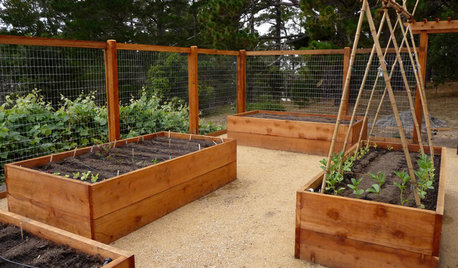
GARDENING GUIDESHow to Install a Drip Irrigation System
Save time and water with a drip watering system in your vegetable garden — a little patience now will pay off later
Full Story
REMODELING GUIDESConsidering a Fixer-Upper? 15 Questions to Ask First
Learn about the hidden costs and treasures of older homes to avoid budget surprises and accidentally tossing valuable features
Full Story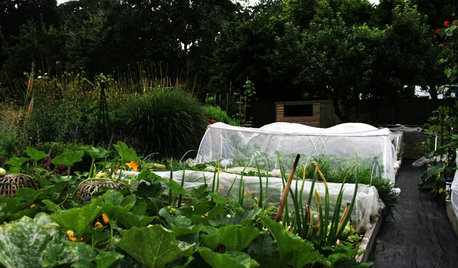
EDIBLE GARDENSFood and Community Thrive in a U.K. Allotment Garden
Get a peek at a rented garden plot in England where edibles and flowers mix and local residents can mingle
Full Story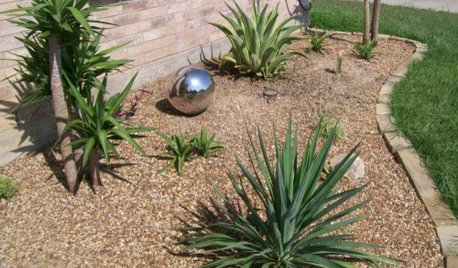
Design Dilemmas: 4 Questions for Houzzers
Share Your Advice for a Low-Water Garden, Wet Bar, Family Room and Basement Spa!
Full Story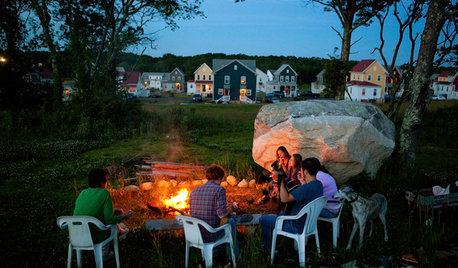
HOUZZ TOURSA New Community Flourishes in Rhode Island
Innovative affordable housing project offers new ideas for living with agriculture, art and each other
Full Story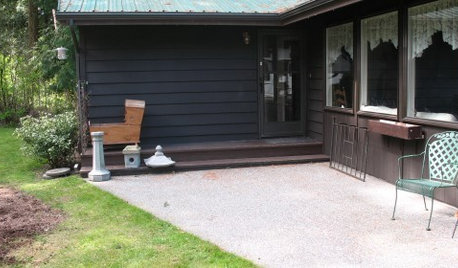
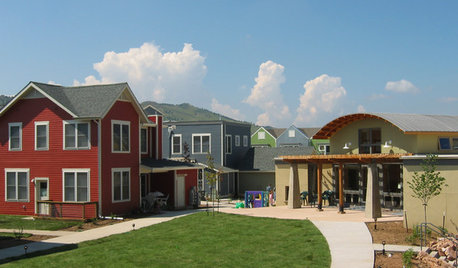
COMMUNITYTogetherness Take 2: Is a Cohousing Community for You?
Missing that sense of connection? Consider the new breed of neighborhood with a communal bent
Full Story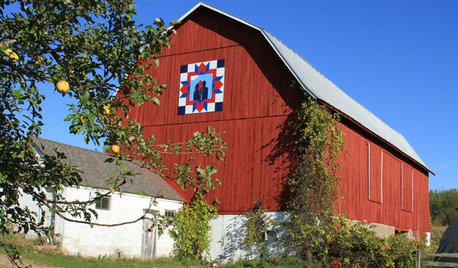
ARTBarn Quilts Piece Together a Community
One man with one beautiful idea transforms Wisconsin’s Shawano County
Full Story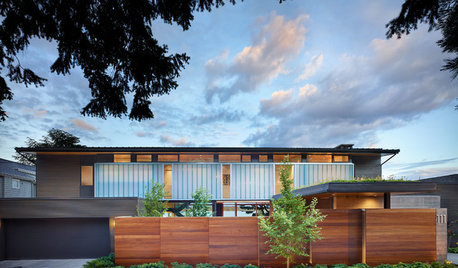
CURB APPEAL7 Questions to Help You Pick the Right Front-Yard Fence
Get over the hurdle of choosing a fence design by considering your needs, your home’s architecture and more
Full Story
FEEL-GOOD HOMEThe Question That Can Make You Love Your Home More
Change your relationship with your house for the better by focusing on the answer to something designers often ask
Full StoryMore Discussions






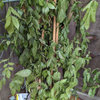
mchristensen
ronalawn82
Related Professionals
Ashland Landscape Architects & Landscape Designers · Saint Matthews Landscape Architects & Landscape Designers · Alpharetta Landscape Contractors · Dedham Landscape Contractors · Dinuba Landscape Contractors · Fairhope Landscape Contractors · Fuquay-Varina Landscape Contractors · Holland Landscape Contractors · Kaysville Landscape Contractors · Lake Zurich Landscape Contractors · Palm Beach Gardens Landscape Contractors · Shirley Landscape Contractors · Yukon Landscape Contractors · Camp Springs Landscape Contractors · Weymouth Solar Energy Systems